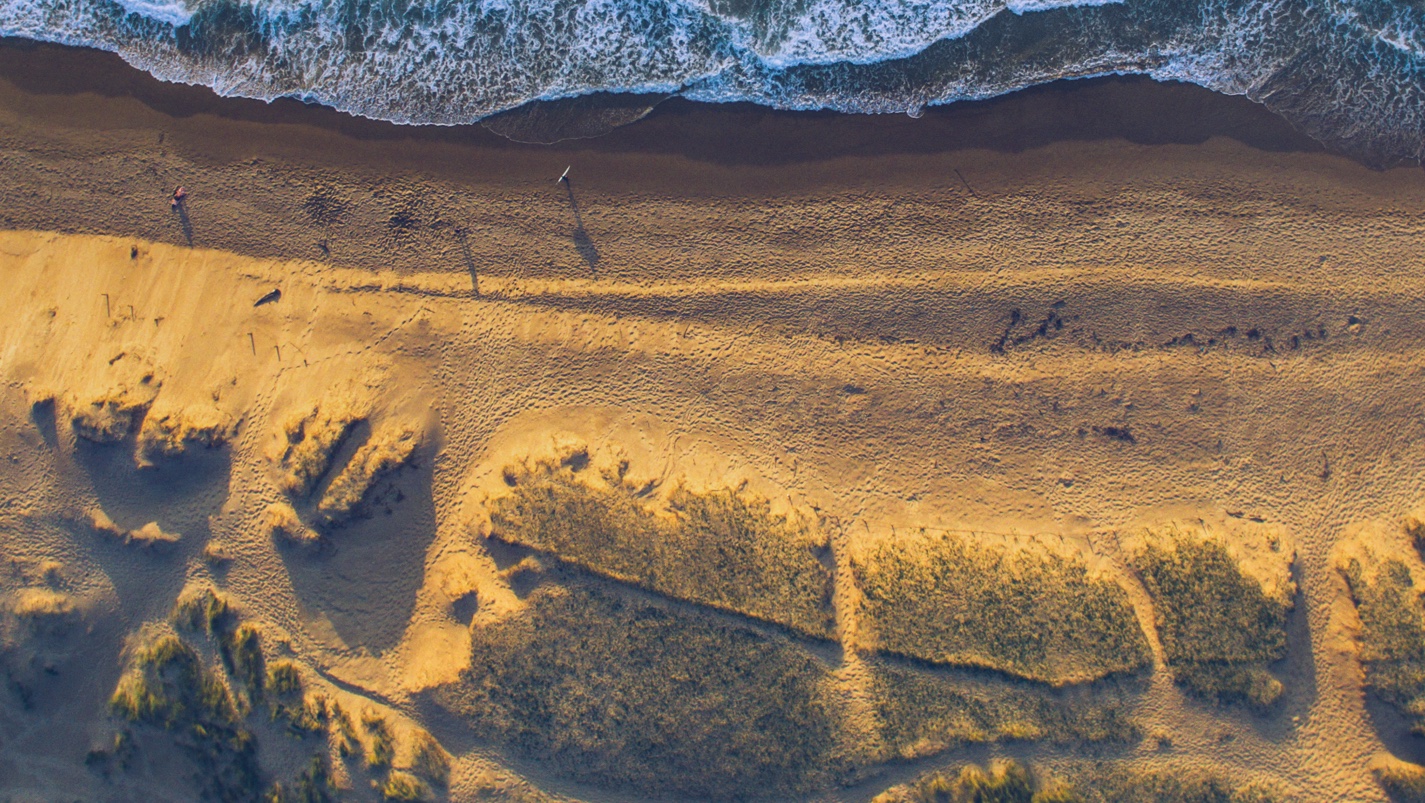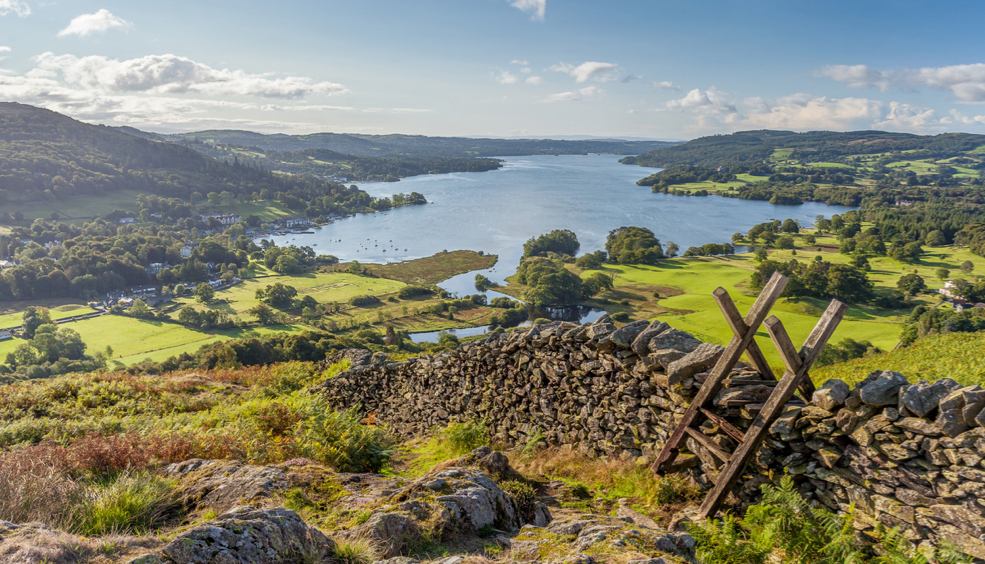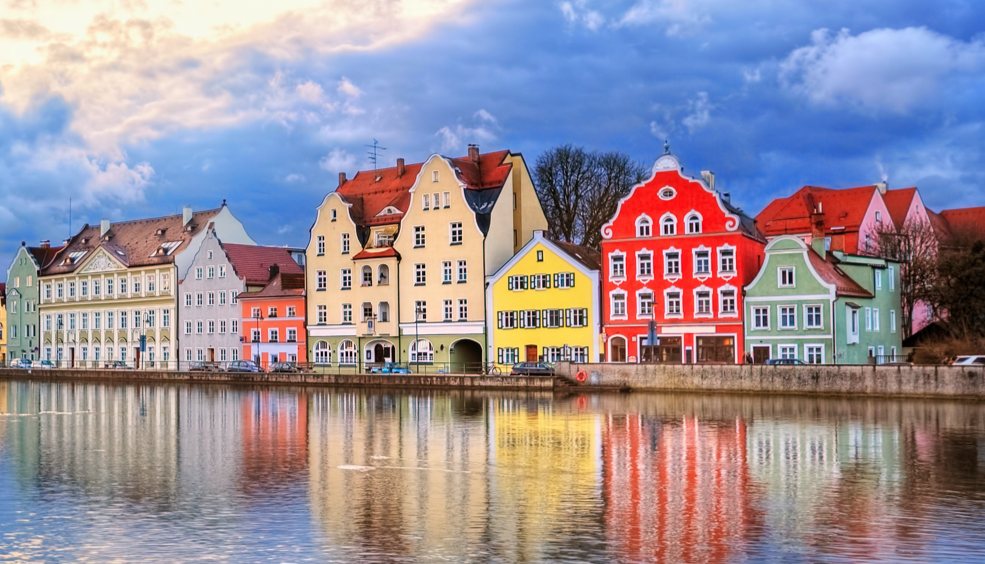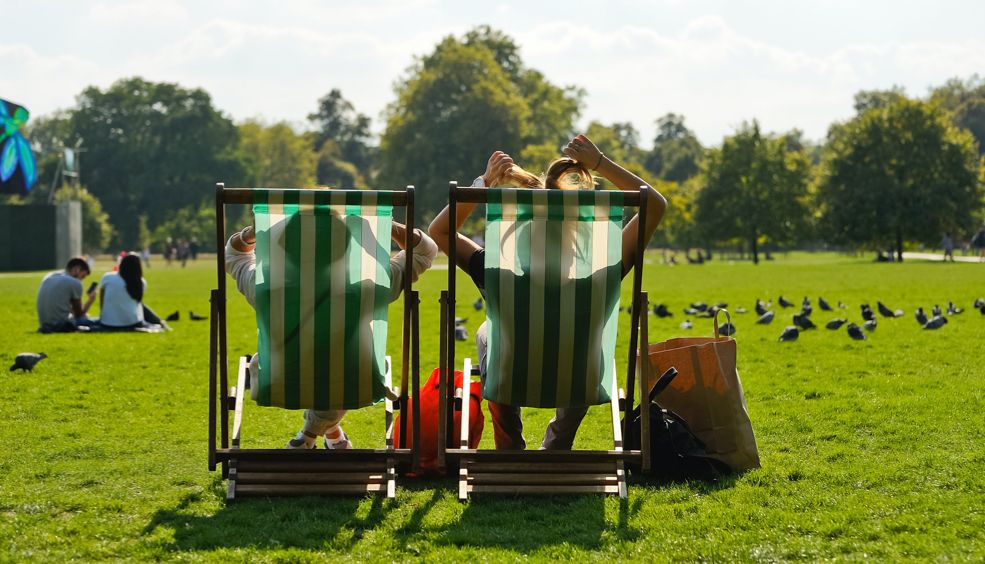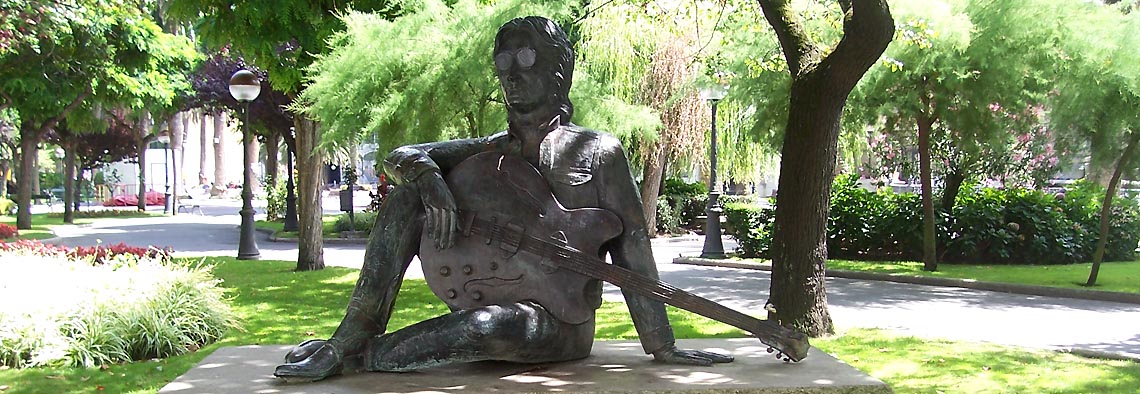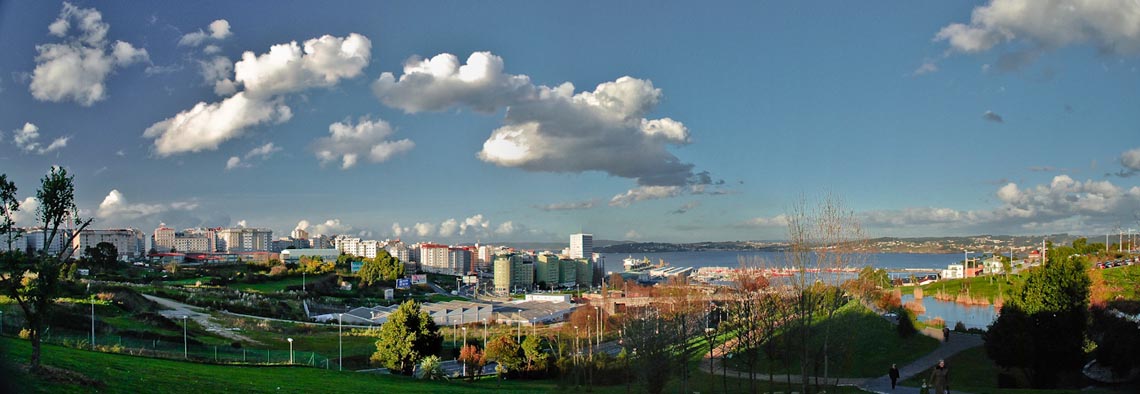Experience the Wild
08 January, 2016
Cantabria’s mining past remains alive in the 750 hectares of reddish landscape which is home to the Cabárceno Nature Park. Situated just 15 kilometres from Santander, its proximity is inversely proportional to the feeling of being in a wholly different part of the planet. Here, around one hundred animal species from the five continents roam in semi-freedom, including African elephants, gorillas, the ankole-watusi, the addax, llamas and sea lions.
The open-air tracts of land are spacious and immensely beautiful. The flora lives out its natural cycle during the four annual seasons, so you see a different park in the spring, summer, autumn and winter. The structures left behind from the area’s mining past have been re-used to appoint the various enclosures in Cabárceno. Animals are kept on land which resembles their natural habitat as closely as possible, as here the terrain is accommodating. A number of lookouts bring home the immensity of the panoramic landscape and allow visitors to spot herds of Somali asses, water buffalo, Grevi zebra and ostriches. The karst relief characterised by water’s fickle erosive force makes for fascinating observation and enhances the act of animal spotting.
Nature is allowed to run its course in the park. There are fights between members of the same species, the rutting season unfolds and dominant males abound. Man only intervenes in the event of illness, wounds, a life-threatening situation for some specimen and to feed the animals. That is when the park provides its Wildlife Visit. From 10 in the morning to 5 in the afternoon, a single vehicle seating 4 occupants drives through various areas inhabited by rhino, bears and giraffes. The tour costs €400, which includes a brunch in the park restaurant. Escorted by a ranger, visitors can get to see certain animals close up, as well as touch and feed them. This contact enables them to learn the traits and curiosities of each animal or species.
That is how you discover the three elegant giraffes that come running up to you because they see you arriving with a bag of carrots. All three are male and they get along well precisely because there are no females. Or you learn the amazing story of Jums, a 39-year-old African elephant that came from England and recognised one of its offspring that had been living in Cabárceno.
During the Wildlife Visit, guests are told about the rituals and training sessions conducted with some of the animals to get them accustomed to the presence of people for the sole purpose of enabling a vet to treat a wound or give them a medical check-up whenever necessary. This is a difficult task as wild animals retain their survival instinct and are thus wary of people, but it is gratifying to see how the staff’s daily work and their affection for the animals can work a miracle, as can an apple or a carrot!
The animals’ daily routine is not affected by the fortunate participants in the Wildlife Visit – book ahead, as there is a waiting list – and regular feeding times are strictly adhered to. The only enclosure where visitors are not allowed to get out of the car is that of the brown bears. However, a group of bears can be comfortably observed munching on a piece of bread or chicken through the car window just a few metres away. There are around 70 specimens in a 35-hectare space, which gives you some idea of how big the park is.
The Cabárceno Nature Park is dotted with natural lakes, and the 14 resident elephants relish bathing in waters up to 8 metres deep. The hippo enclosure here, rumoured to be the best in the world, is sited in the Lago Sexta, and a cableway is slated to run above this lake as of March 2016.
A one-day admission ticket to the Cabárceno Nature Park costs €25, and €15 for small children. However, we recommend you check out all the various types of admission, as there are discounts for families and “friends of Cabárceno”. Your ticket allows you to drive around the 20 kilometres of tracks in your own vehicle through all the areas. But, you are urged to observe the speed limit and safety precautions. Unfortunately, this unaccompanied drive-through does not allow you to touch or feed the animals; firstly, for safety reasons, as you will not be escorted by a ranger to guide you and, secondly, as each species has a specific diet at regular hours. A map is given to visitors at the entrance – the routes are clearly marked and you can download a mobile app which provides information on what you are seeing at all times. Park facilities include picnic areas for you to have a packed lunch at your leisure, and there are also cafés, restaurants and gift shops. Your ticket permits you to leave the park and re-enter later on. You are also allowed to make the tour in a camper van.
Your day trip will fly past as you observe the antics of fallow deer, red deer, gorillas, camels, displays of birds of prey and their types of flight, and sea lions cavorting about. (Don’t let them catch you calling them seals with ears – they don’t take kindly to being confused!) Whatever your age; if you like animals, this is where you will have a whale of a time!
Make haste to discover all this wildlife. Check out our flights to Santander here.
Text and images by Planeta Dunia
08 January, 2016

